On the occasion of the 135th anniversary of President Ho Chi Minh's birthday, could you please share some good stories about him that you know?
On the occasion of the 135th anniversary of President Ho Chi Minh's birthday (May 19, 1890 - May 19, 2025), I remember the story of British Labour MP William Warbey, who met President Ho twice when he visited Vietnam in 1957 and 1965.
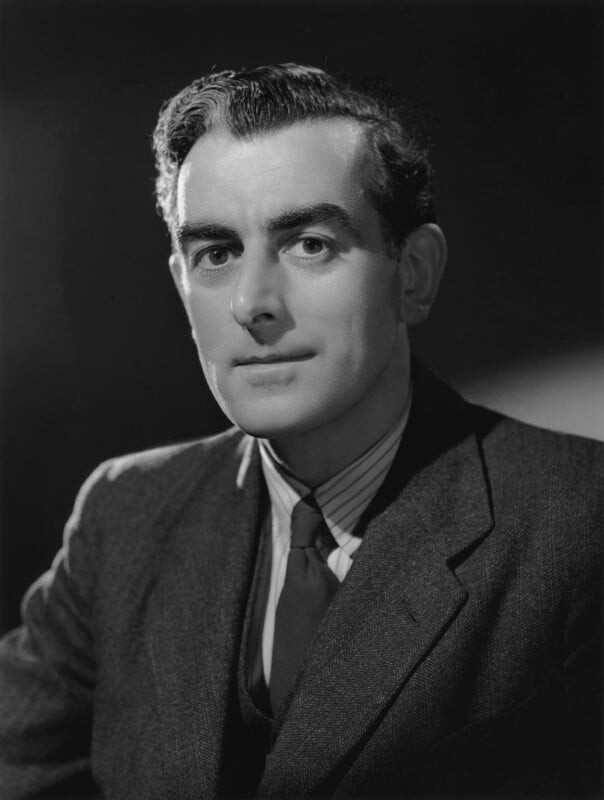
Mr. William Warbey, a British Labour Party MP, has a deep interest in Vietnam. Photo: Wiki
Mr. William Warbey, born in 1903 in Hackney, London, is a British scholar and politician . He became a British Labour Party MP from May 26, 1955 to March 10, 1966. This was also the period when the situation in Vietnam attracted international attention, including British public opinion. Britain was one of the five permanent members of the UN Security Council and participated in the signing of the Geneva Agreement on Indochina in 1954.
Warbey had a deep interest in Vietnam and wrote two books, “Vietnam: The Truth” published in 1965 and “Ho Chi Minh and the struggle for an independent Vietnam” published in 1972.
Three years after the Geneva Agreement on Indochina (1954) was signed, in May 1957, a delegation of British parliamentarians visited Vietnam to supervise the implementation of the Agreement in the North and the South. Mr. William Warbey recounted that on a beautiful day in May 1957, he and the delegation of British parliamentarians attended a breakfast invited by President Ho Chi Minh in the garden of the Presidential Palace.
Here, President Ho Chi Minh shared about Vietnam's political strategy, and pointed out that national unification was not only a military struggle, but also a process of restoring economic relations and communication between the North and the South.
The British MP recalled that through their own research, they learned that there was an economic development plan in the North. Previously, in his speech on May 1 (1957), President Ho mentioned the main topic of strengthening the economy of the North, as a basis for the long and arduous struggle towards national unification, in accordance with the Geneva Agreement.
According to William Warbey, at this breakfast, he asked what initiatives were needed to implement the provisions of the Geneva Agreement. President Ho Chi Minh surprised everyone by saying: We can persevere, time is on our side. The first step is practical unification, that is, restoring human relations and economic relations between the North and the South, reuniting families and re-establishing transport and communication lines... This is to create a solid foundation for the future unification of the country.
Mr. Warbey commented that in May 1957, there were no American forces fighting in Vietnam, there was no National Liberation Front of South Vietnam, Laos and Cambodia were developing peacefully, Britain, France, Russia, and China were all busy with other issues other than the Indochina issue. In fact, President Ho Chi Minh had planned a strategy for complete liberation, but waited for the right time.
When meeting the British parliamentarians in May 1957, President Ho Chi Minh expressed his deep concern for the reunification of the country. Mr. Warbey quoted from his diary Ho Chi Minh's original thoughts: "The reunification of Vietnam through free elections is vital. The North and the South cannot live without each other. We are a people with the same language, customs and outlook. From a humanistic and economic point of view, this is fundamental." After visiting the North for 3 weeks, Mr. Warbey said, the British parliamentarians went to the South, met many officials working in the Ngo Dinh Diem government and the people said that the North (under Ho Chi Minh) was not corrupt and did many things for the people...
Master of Revolution
Mr. Warbey, what do you think about President Ho Chi Minh in 1945 when the Democratic Republic of Vietnam was born, Ambassador?
Visiting Hanoi in January 1965, going to museums, the tour guide showed him the photos recording the "Revolutionary Week" of August 19-25, 1945 across the country, from Hanoi, Hai Phong, Lang Son, Vinh to Hue, Da Nang, Kon Tum, Da Lat... and people were shouting "Freedom", "Independence", "Democracy", "Nguyen Ai Quoc", "Ho Chi Minh"... Mr. Warbey commented: Ho Chi Minh, Truong Chinh, Pham Van Dong and Vo Nguyen Giap created "Masters of Revolution", closely following the uprisings after World War II, choosing the historical moment for the nation to make a revolution that shook the nation, overthrowing French colonialism, then cleverly bringing nationalists into the government members announced on August 29, 1945 before reading the Declaration of Independence on September 2, 1945 with the participation of a large number of people, including the French High Commissioner Jean. Sainteny believes the number must have been “hundreds of thousands” at Ba Dinh Square.
According to him, when they took power, they introduced more liberal, democratic and tolerant regulations than any regime at that time protected by the great powers and did not copy any model of any country in Asia. This shows that Ho Chi Minh was a politician of high stature, demonstrated in his ability to choose the right time. As early as 1937, he foresaw that the Japanese empire would shake under pressure from China, Russia and the United States.
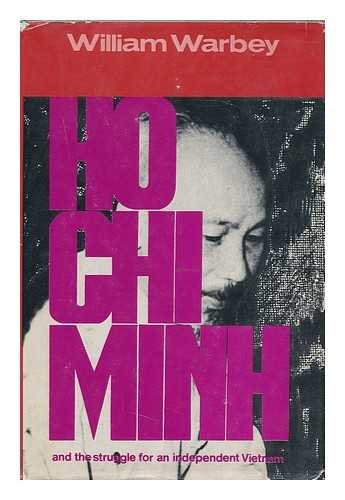
The book "Ho Chi Minh and the struggle for an independent Vietnam" published in 1972
What about Mr. Warbey's second meeting with President Ho Chi Minh, sir?
Mr. Warbey said that after the December 1964 meeting between the United States and Britain in Washington, there were many efforts to find peace in the war in Vietnam. Mr. Warbey also began to participate in the peace efforts at a time when Britain and Vietnam had not yet established diplomatic relations. All contacts at that time were on an unofficial basis.
After being informed by Mr. Cu Dinh Ba, a Vietnamese journalist in London, that Mr. Warbey and two colleagues in the British Parliament were welcome to Vietnam, Mr. Warbey and his wife began an 11-day visit to Vietnam starting on January 4, 1965, to meet President Ho Chi Minh and Prime Minister Pham Van Dong to learn about the prospects for a peaceful solution.
On January 11, 1965, he met President Ho Chi Minh (who had been in England in the early 20th century) who was then over 74 years old, but very friendly, clear-minded, healthy, attractive and extremely witty. President Ho Chi Minh wanted to know whether the British Labour government was ready to launch an independent peace initiative with the US and frankly expressed disappointment with the results of the high-level meeting between the UK and the US in December 1964.
When listening to Mr. Warbey's explanation and asking about Vietnam's views on the Geneva Agreement, President Ho said that he always considered this Agreement as the basis for restoring peace in Vietnam and it would be better if an agreement was internationally guaranteed to be independent, unified, militarily neutral, free and free from outside interference, and at the same time had the participation of countries interested in peace in the region.
After that, Mr. Warbey was discussed with Prime Minister Pham Van Dong in more detail. Personally, he found the proposals raised by the Vietnamese side reasonable. Later, Mr. Warbey said that he had returned home to report. In July 1965, British MP Harold Wilson said in Parliament: "The enemy of negotiations is the enemy of peace." Mr. Warbey later also commented that from 1965 to 1969, opportunities for peace were lost.
Vietnam was reborn in 1945.
Mr. Warbey, what are your comments after the two meetings with President Ho Chi Minh, Ambassador?
Mr. Warbey looked back at the thousands of years of history of Vietnam and the life of Uncle Ho and concluded that: Vietnam was reborn in 1945.
According to Mr. Warbey: Ho Chi Minh was born into a poor family, but inherited a good educational foundation, was patriotic, always attached to the working people, went abroad to study revolutionary arts and sciences in the world, and then returned to make revolution in his own country. Ho Chi Minh was an outstanding strategist, and at the same time a practical person. As early as 1931, Ho Chi Minh admitted: People are different, cannot be approached the same, so they must have a certain freedom to think and act. Ho Chi Minh once wrote: The Party must demonstrate sacrifice and ask for people's opinions, exchange with people, and make the policy-making process transparent. Through daily work, people know who their leaders are.
In 1964, Vietnam was at a point where it could take another step towards industrial development. Mr. Warbey recalled that President Ho Chi Minh said: Import machinery and technology from the West, then apply them to suit the needs and circumstances of Vietnam. Eventually, we can produce machinery, use our own natural resources and capital, and gradually become independent of the outside world in case of emergency.
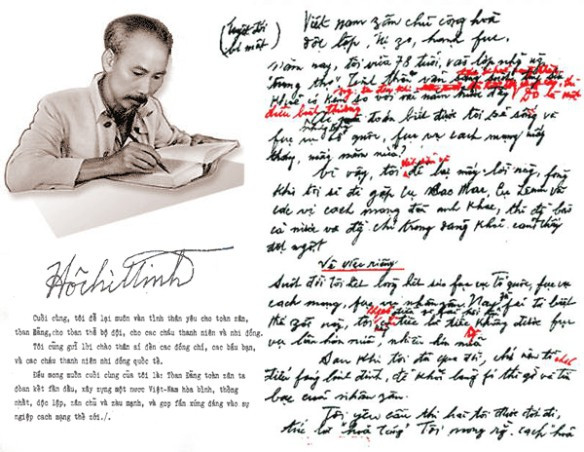
Uncle Ho's will. Photo: Ho Chi Minh Museum
According to Mr. Warbey, President Ho Chi Minh was affectionately called “Uncle Ho” by the people. His vision and many years of experience abroad gave him an awareness of the world and the ability to forecast and be sensitive to historical turning points.
Mr. Warbey wondered what was the secret to why people loved Ho Chi Minh. The simple answer was that Ho Chi Minh was a man of immense warmth, charm, and compassion, who cared for and loved his fellow countrymen. His concern was the people. Immediately after reading the Declaration of Independence, he advocated holding general elections to demonstrate his political vision and absolute faith in the people. He said: We must hold elections for the National Assembly immediately, as soon as possible. Domestically, this will increase people's faith in the political regime. In the world, this will give the government a legal status that no one can deny.
Mr. Warbey recounted that on May 10, 1969, President Ho Chi Minh left his Will with the hope that the entire Party and people would unite to fight and build a peaceful, unified, independent, democratic and prosperous Vietnam, making a worthy contribution to the world revolution.
According to Mr. Warbey, the Testament speaks for itself for anyone who wants to learn to understand the political and social history of Vietnam, to understand Nguyen Ai Quoc or “patriotic Nguyen” as a person, who in the end became a shining light for all of Southeast Asia and all oppressed peoples and countries.
Mr. Warbey still quotes world leaders praising Ho Chi Minh as:
Prince Sihanouk said: President Ho Chi Minh has entered the history of the people of Indochina and the peoples of Asia, Africa and Latin America as a symbol of the struggle for national independence.
Indian Prime Minister Indira Gandhi once wrote: “His altruism, humility, love for humanity, self-sacrifice and courage are an inspiration to freedom-loving and peace-loving people all over the world.”
The British newspaper “The Guardian” wrote on September 13, 1969: “Ho Chi Minh is one of the rare figures in history who understood and perfectly reflected the aspirations of his people and devoted himself to the struggle and fight for the freedom of oppressed peoples”…
Does Vietnam currently have any documents about the meeting between President Ho Chi Minh and Mr. William Warbey? Which sentence of President Ho Chi Minh do you find most profound?
These two meetings took place 60-70 years ago, so it is difficult to preserve and find valuable documents. I searched again and found more than three pages (451 to 454, volume 14) in the book Ho Chi Minh Complete Works, recording that on January 11, 1965, Ho Chi Minh received British Labour MP William Warbey.
When Mr. William Warbey asked President Ho Chi Minh: After all that has happened to Vietnam, do you think it is possible to restore friendship between the Vietnamese people and the people of England, America and Western Europe?
President Ho replied: The friendship between the Vietnamese people and the people of Britain, America and Western Europe has never been damaged, so there is no question of restoring that friendship. The Vietnamese people are always ready to strengthen friendship with the people of Britain, America and Western Europe to fight against the warmongers and to preserve peace. (Ho Chi Minh Complete Works, National Political Publishing House, volume 14, page 454).
The answer shows both Uncle Ho's affection and strategic vision for the people of other countries, clearly distinguishing between peace-loving people and those who cause misery to our people.
Thank you, Ambassador!
Vietnamnet.vn
Source: https://vietnamnet.vn/nghi-si-anh-sau-2-lan-gap-bac-tu-ban-di-chuc-cua-nguoi-da-noi-len-tat-ca-2402537.html



![[Photo] VinUni students' emotions are sublimated with "Homeland in the Heart: The Concert Film"](/_next/image?url=https%3A%2F%2Fvphoto.vietnam.vn%2Fthumb%2F1200x675%2Fvietnam%2Fresource%2FIMAGE%2F2025%2F11%2F26%2F1764174931822_10-3878-jpg.webp&w=3840&q=75)


![[Photo] Close-up of heavy damage at the school located on the banks of the Ban Thach River](/_next/image?url=https%3A%2F%2Fvphoto.vietnam.vn%2Fthumb%2F1200x675%2Fvietnam%2Fresource%2FIMAGE%2F2025%2F11%2F26%2F1764152130492_ndo_bl_img-8188-8805-jpg.webp&w=3840&q=75)

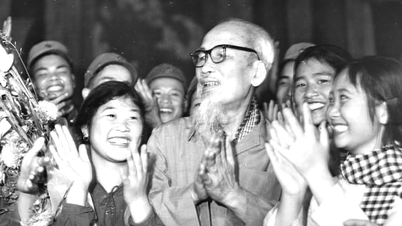

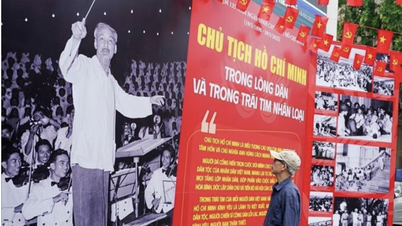

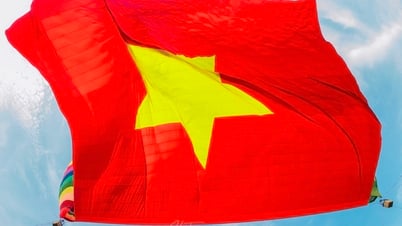

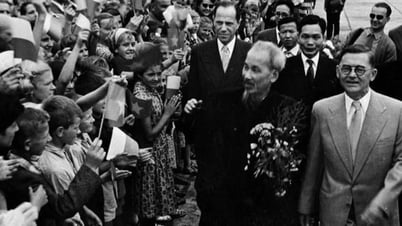

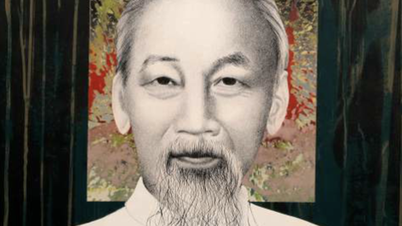

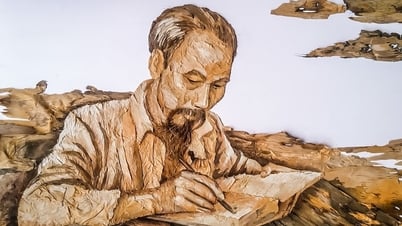















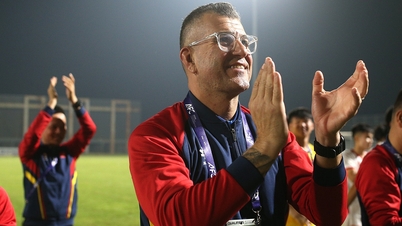
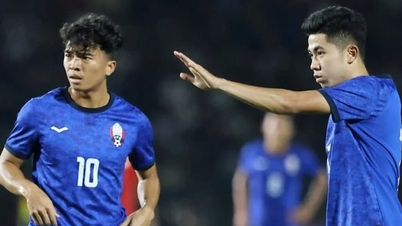
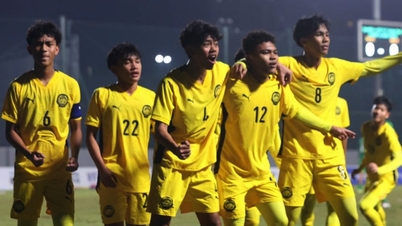
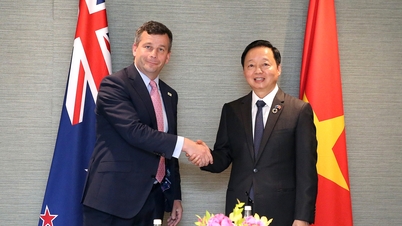
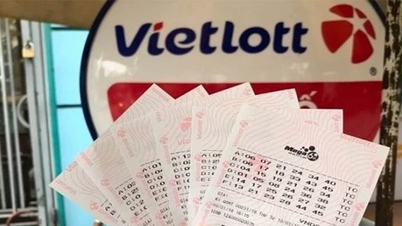



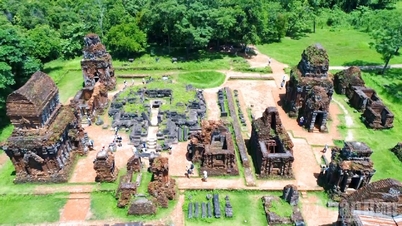
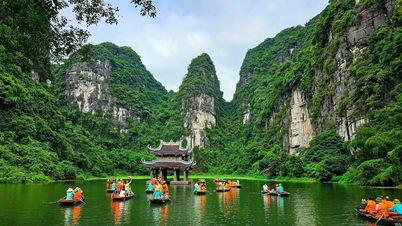
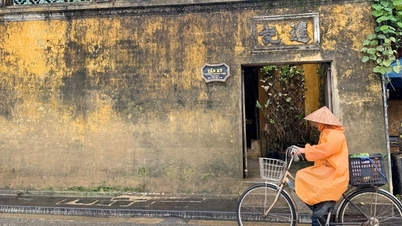

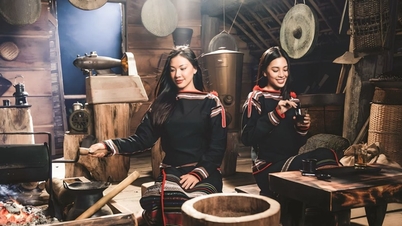

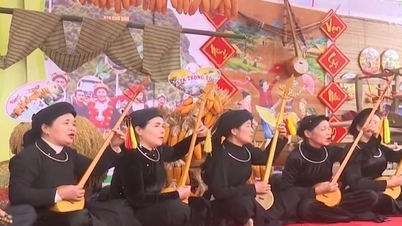

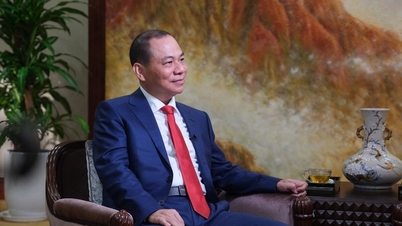

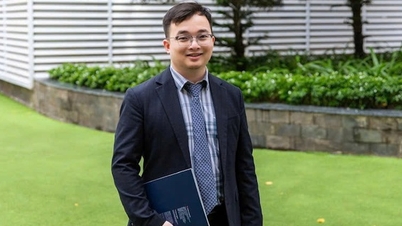

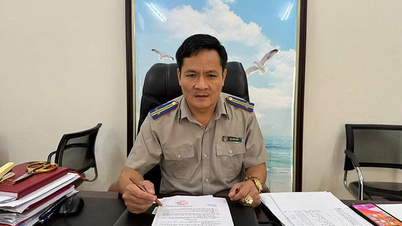

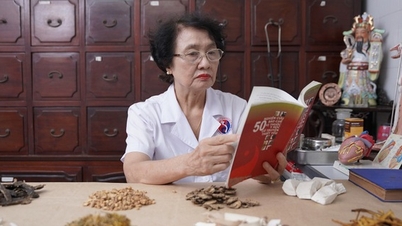

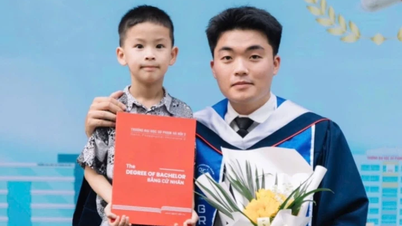

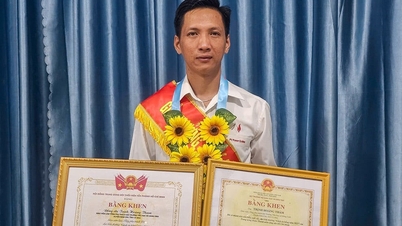

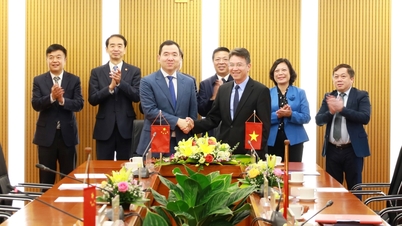


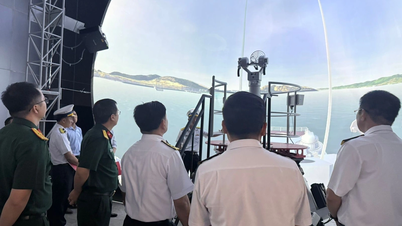
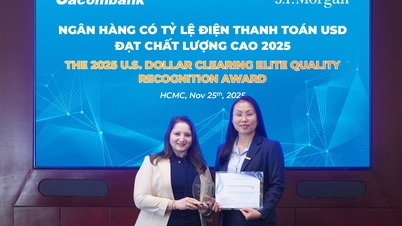

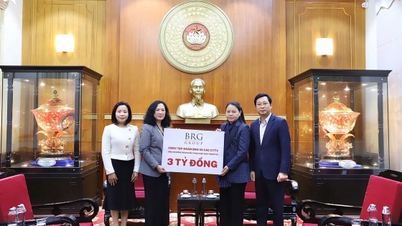

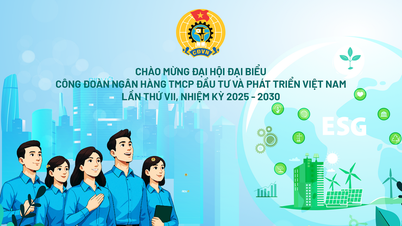






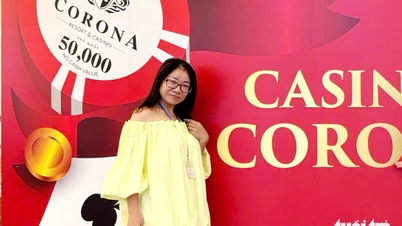
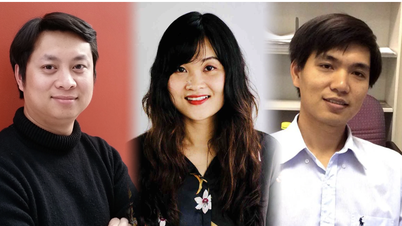
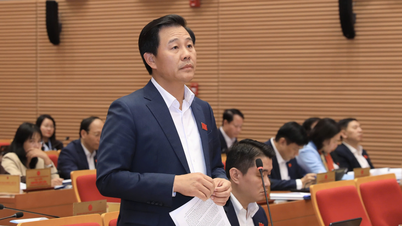
![[Photo] Opening of the 28th Session of the Hanoi People's Council](https://vphoto.vietnam.vn/thumb/402x226/vietnam/resource/IMAGE/2025/11/26/1764155991133_image.jpeg)

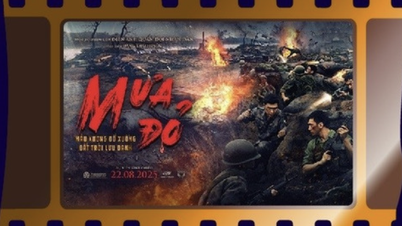
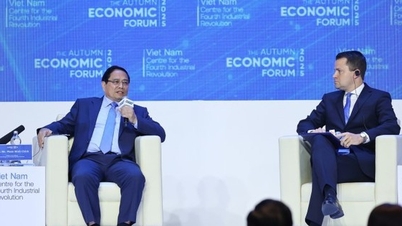

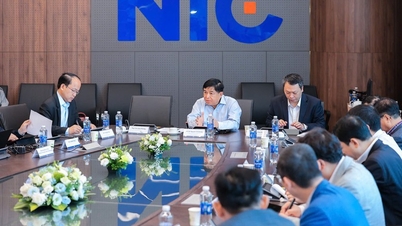

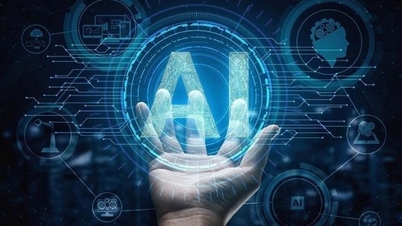
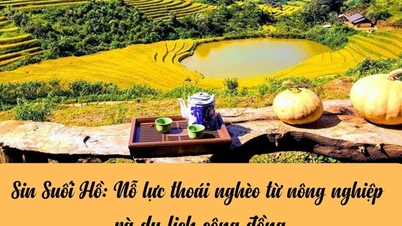
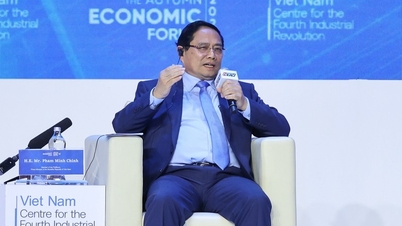
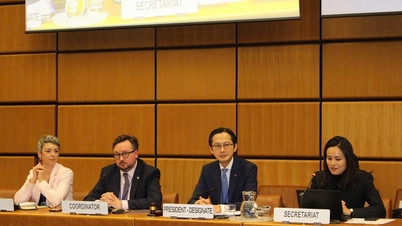
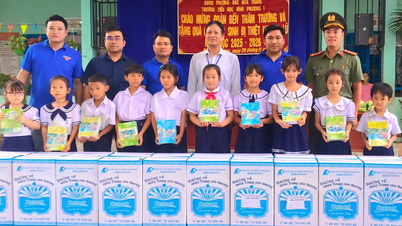

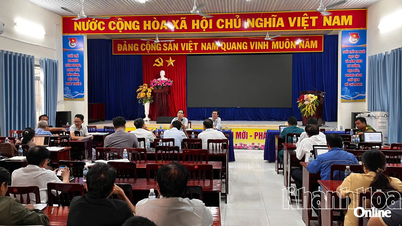
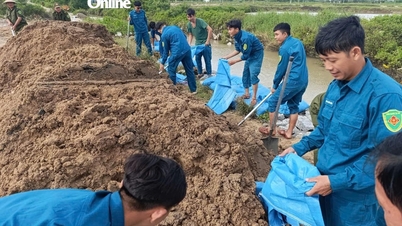


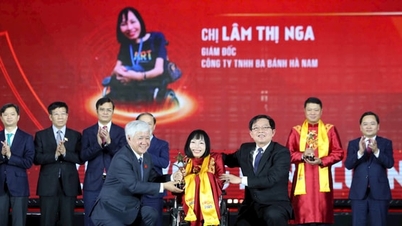














Comment (0)